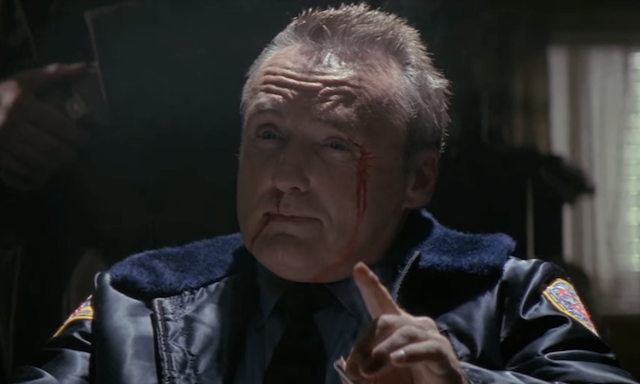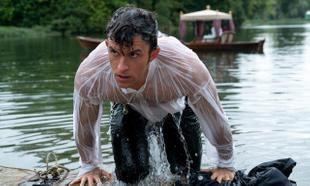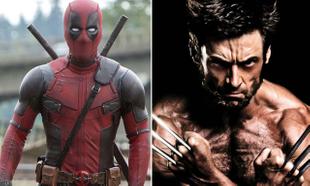Key Scene is a new feature series on entertainment.ie where we look at a key scene from movies, how it locks into the overall story, and why it works so well that we're talking about still to this day.
Like so much of Quentin Tarantino's work, it's so heavily stamped with his own voice that even if it's in the hands of another director, it stills comes effortlessly out of the page. The interrogation scene from 'True Romance', in which Christopher Walken's almost-caricature of a mobster questions Dennis Hopper, is a perfect example.
The setup of the scene is straightforward and direct, not unlike 'Reservoir Dogs'. It's one person captured, another person probing, the two circling one another, and the dynamics of power bouncing between them. If you compare it to 'Reservoir Dogs', there's a natural progression to it.
Christopher Walken's unique speech pattern works wonderfully in the scene, breaking up the long lines of dialogue with a glance, an overstated gesture, even just a blank stare. Dennis Hopper, on the other hand, simply unloads what he has to say with a kind of acquiescence in his fate. He knows he's dead, so how does he go about it?
It's hard to watch Dennis Hopper repeatedly use racial slurs throughout the speech, and more pointedly, that he's using the racial miscegenation of Sicilians as a way to piss them off. Not only that, but it's also only partially correct.
The first Muslim conquest of Sicily happened in 827AD, and by 902AD, the entire island was under their control. By 1091, however, the Norman conquest of Sicily had driven the Moors from controlling the island. By the 13th century, Moors were deported from Sicily to Italy itself.
Yet the term 'Moors' has no real ethnological value, and it merely refers to European Muslims, or North African Berbers who had travelled and conquered parts of Spain, Italy, Malta, Morocco, Tunisia and Libya. Moors was effectively a name bestowed upon them by Europeans, not the other way around.
Tarantino claimed in an interview for the DVD commentary of the scene that he heard the whole story from a former roommate of his, who was black. "I had heard that whole speech about the Sicilians a long time ago, from a black guy living in my house. One day I was talking with a friend who was Sicilian and I just started telling that speech." Walken and Hopper, meanwhile, improvised the eggplant / cantaloupe beat of the scene.
The scene itself folds into 'True Romance' in how heightened and almost post-modern it is. Walken's performance is so obvious and so clearly over-the-top. The use of Léo Delibes' composition 'The Flower Duet', the exaggerated gunshot sounds, it's all part and parcel of how heightened 'True Romance' is.
Even the way in which Tony Scott films it plays into that heightened sense, all backlight and quick cuts when it moves from dialogue into action. It exists in this accentuated space where reality is a dot on the horizon, and where gangsters go around wearing hats, giving long-winded speeches about people's lies, and all of it done with symphony music playing in the background.
Thanks to Gary J. Byrne for this week's suggestion. Got a suggestion for Key Scene? Get in touch! E-mail [email protected]










































































